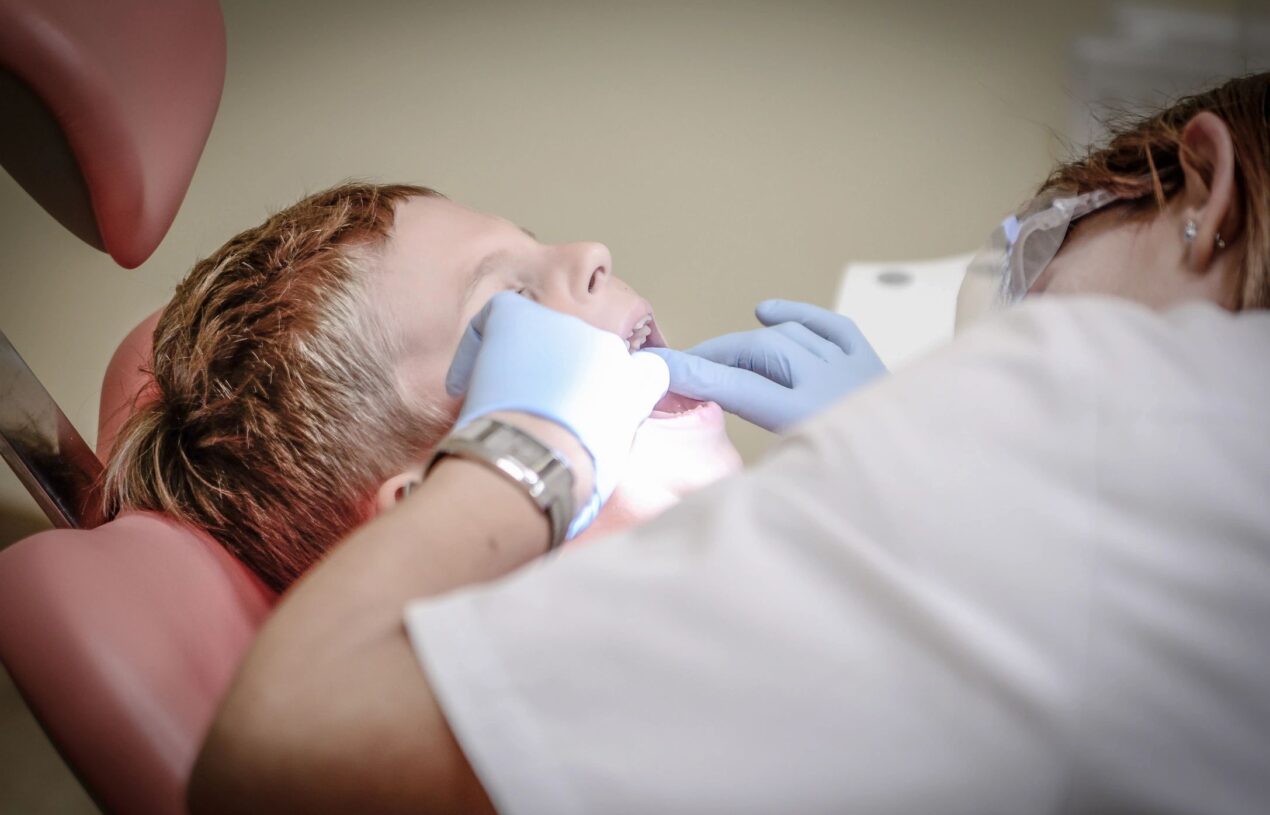One key responsibility that comes with parenting is taking great care of a kid’s teeth when they are young. This calls for frequent visits to the dentist as it is necessary to keep their teeth healthy and enhance good oral hygiene practices. However, the kid doesn’t perceive it from that point of view. The mention of a dentist causes panic.
It is essential to help your child overcome this fear as it may negatively impact their oral health. This is because first, the child may not receive the necessary treatment for maintaining healthy teeth. Secondly, they may be setting the stage for lifetime oral complications if they miss initial expert care. Fortunately, here are six tips to help manage your kid’s fear.
1. Start the visits at a young age
It would be best if you started taking your child to the dentists at a young age. This helps the child to familiarize with the dentist check-ups early, equipping them with a mentality that the dentist’s room is a nice place to solve teeth issues. The president of the American Academy of pediatric dentistry advises that children should start visiting a service like Best Dental at the age of one.
The earlier you take your child to a dentist, the better. As they continue growing, the visits become an important part of your child’s healthcare routine. As important as the pediatric visits are, so are dentist visits. Starting your child’s dental visits at an early stage conforms with the best health care practices.
2. Be careful of the details
This will depend on the age of your child, and what they are capable of understanding, but for their first dental visit, you should not include details that might make them nervous – an older sibling might want to torment them and exaggerate about the use of a dentist’s drill for example, which is not going to help anyone.
It would be best if you talked to your child about the importance of oral health in a way that they understand so that they are aware of why visiting the dentist is necessary, sometimes having some basic facts helps them to feel knowledgeable and grown-up.
3. Be positive in your language
Whenever you are visiting the dentist, you should filter your words so that they sound positive. Let the hospital staff introduce their friendly vocabulary to the child to help them manage difficult situations. Always use fun language that the child familiarizes with and makes the whole process enjoyable. This makes the child feel relaxed and comfortable with the doctor inserting objects into their mouth.
4. Consider scheduling a pre-visit
Scheduling a pre-visit to the dentist before the actual check-up day helps your child to familiarize with the dentist and the environment. This creates the necessary rapport before the actual visit. It will also foster a curiosity for the tools that are used rather than a fear of them.
5. Offer Rewards
It would be best if you offered to reward your child something you know they like after a successful visit. Giving your child something to look forward to after their dental visit can improve their behavior while in the dentist’s chair. Just remember that you need to follow through with these promises or your child will be disappointed and won’t believe you in the future.
Importance of good oral hygiene
Good oral hygiene is essential to your general body health. Regular brushing and preventative dental care help in keeping your gums and teeth healthy. Regular brushing helps in removing the plaque that leads to tooth decay and strengthens the gums, thus preventing gum diseases and cavities. However, cavities could be caused by genetics that can’t be prevented by maintaining good hygiene.
Regular dentist visits are the key component to proper oral hygiene and health care. Visiting a dentist regularly helps in detecting a disease on its early stages and managing it before it causes damage to the teeth and gums. Common mouth infections lead to worse health complications. Gingivitis can develop into periodontitis a severe dental infection that can lead to tooth loss.
Final thoughts
Oral hygiene is essential to human health. Visiting the dentist regularly ensures that your teeth and gums are healthy. However, as young children do not understand this, you can use the methods offered here to help relieve any fears that they might have by introducing them to the dentist early and creating a fun and positive experience that provides rewards afterwards.

